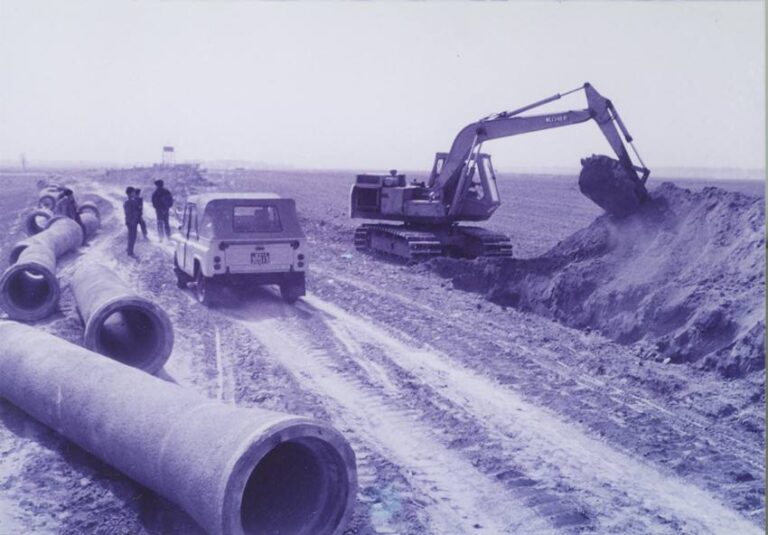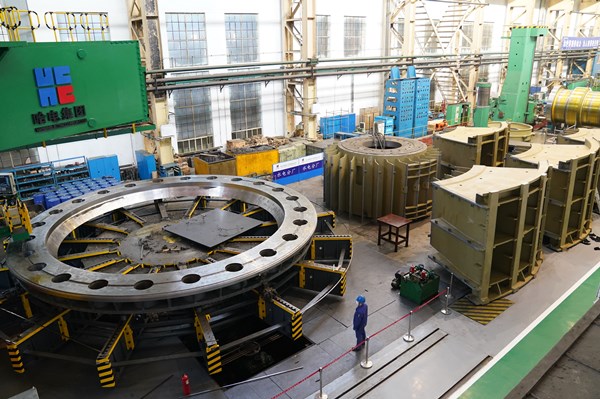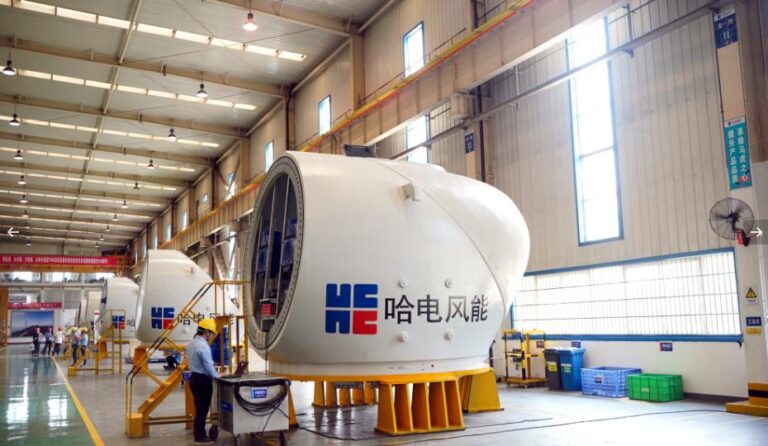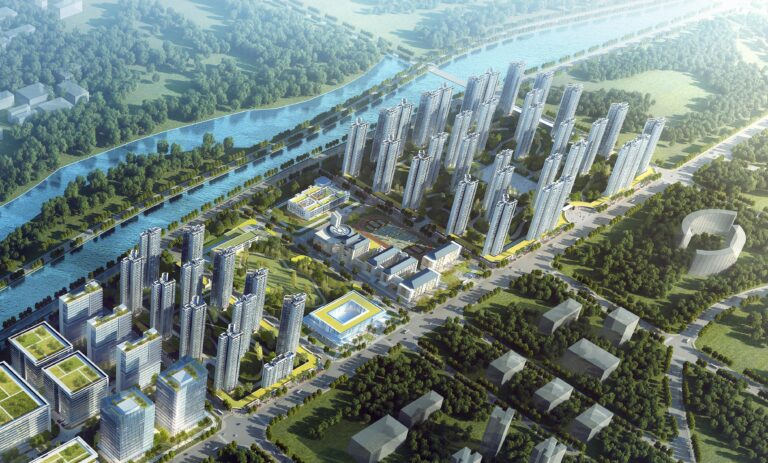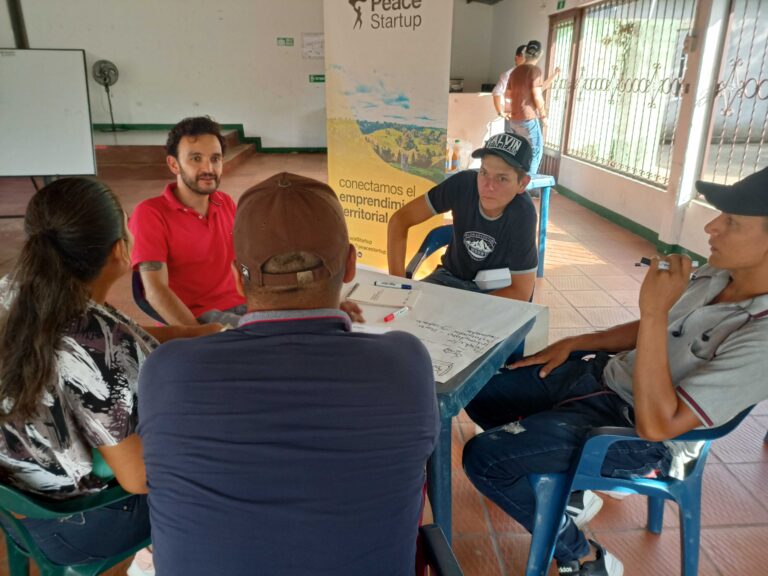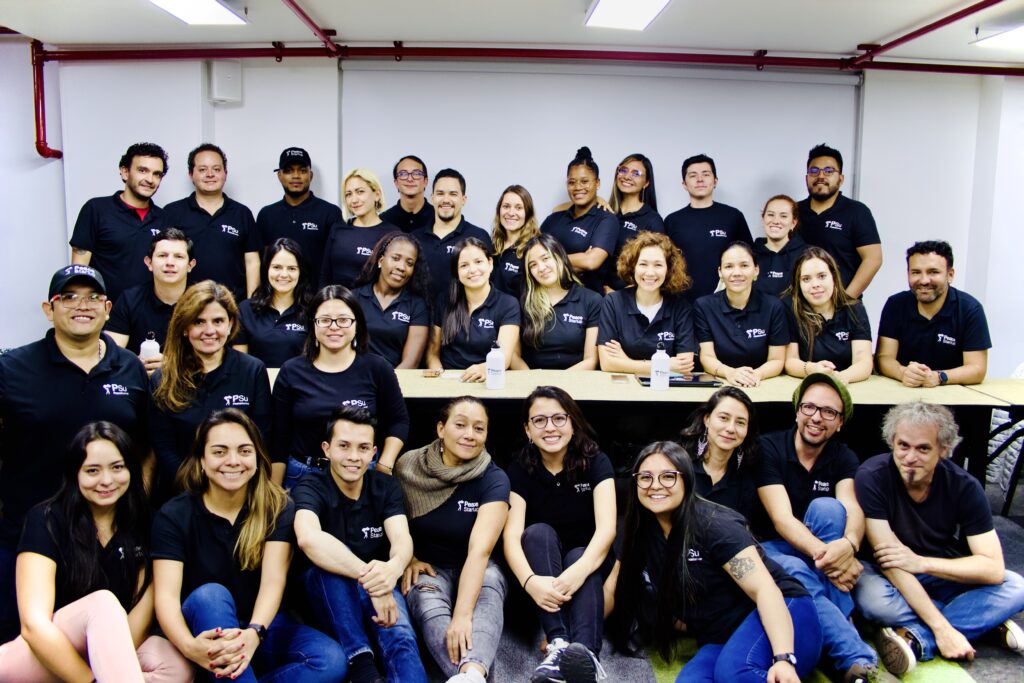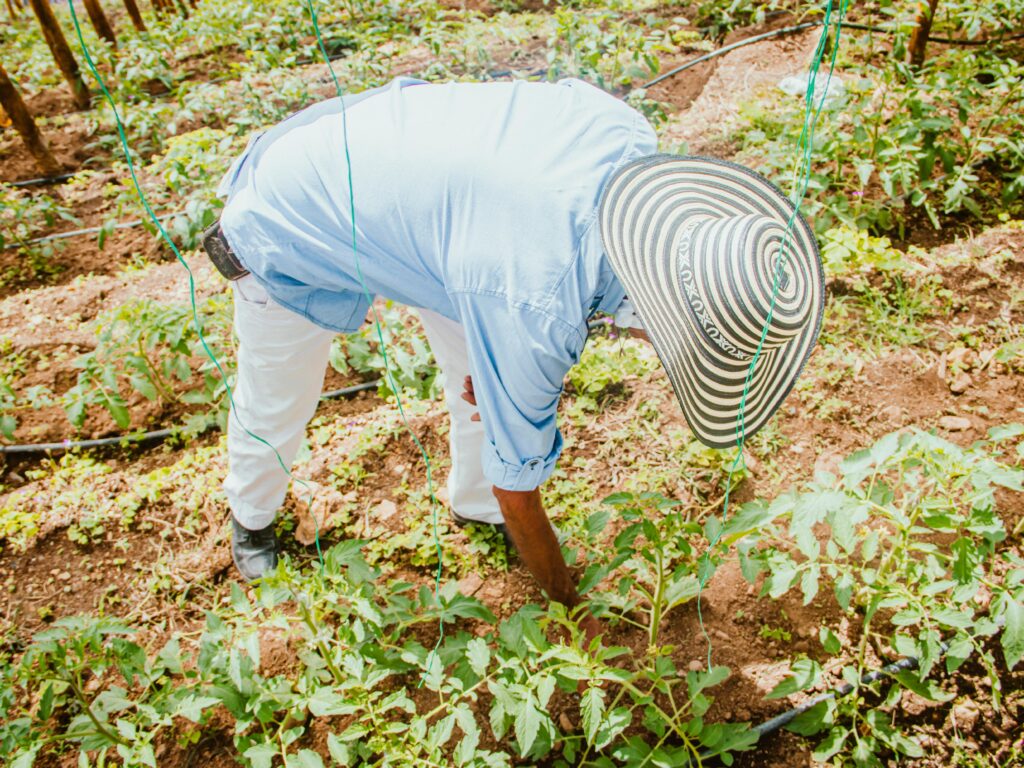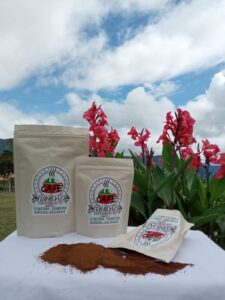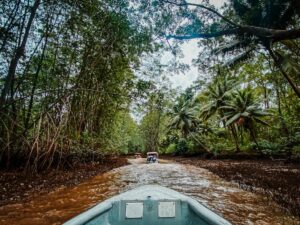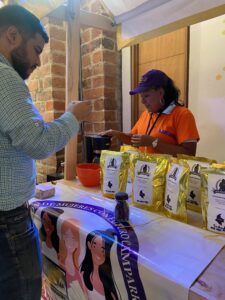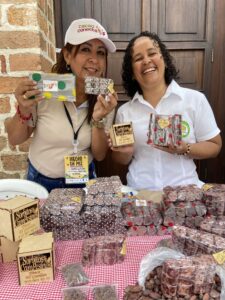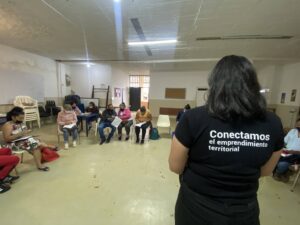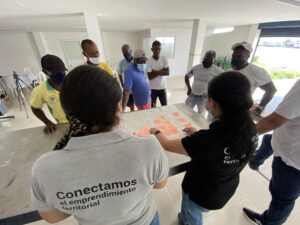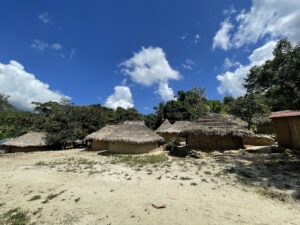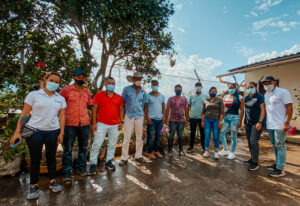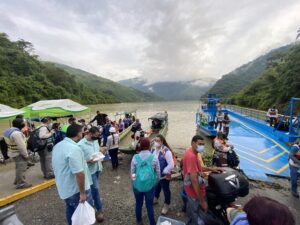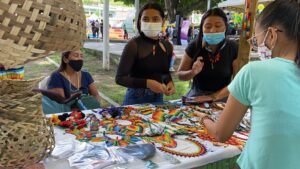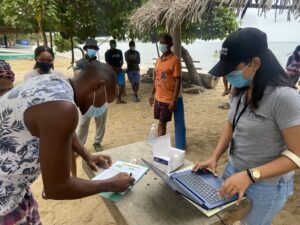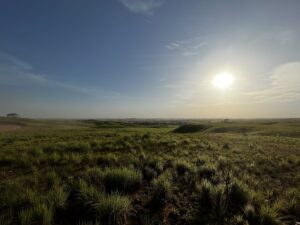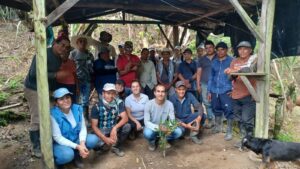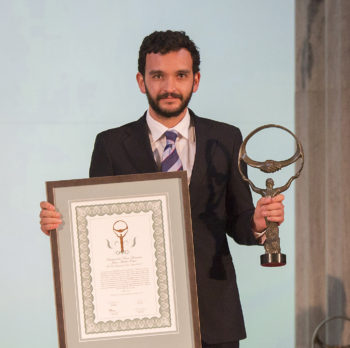Business for Peace in Geneva: The International Day of Living Together in Peace 2024
June 4, 2024
On May 16th, the Business for Peace Foundation had the great pleasure to attend the roundtable discussion for International Day of Living Together in Peace, hosted by AISA ONG Internationale, at the UN Building in Geneva. The city of Geneva was chosen to host the seventh edition of the International Day of Living Together in Peace this year. An array of key actors from member states of the UN, non-governmental organisations, experts in education and actors from civil society gathered around the theme of “Education for a Culture of Peace”, discussing how we can implement peace in all forms of education. With 700 people in the audience, our Executive Director, Marius Døcker, spoke alongside Dominique Steiler, the UNESCO Chair for Economic Peace Culture at Grenoble École de Management, Michele Guillaume-Hofnung, President of the Guillaume-Hofnung Institute for Mediation, and Saïda Benouari, Head of the Mediation Unit of AISA International NGO. The panel was moderated by Hamis Demmou, Doctor of Paul Sabatier University – Toulouse III and former president of AISA International NGO. On the topic of economic peace, Marius emphasised the need for a mindset shift in business, highlighting the significant role businesses play in addressing societal issues.

In a world where conflict and violence are on the rise, it is crucial for all sectors to collaborate in seeking solutions for sustainable peace and for ensuring a better future for generations to come. Sheikh Khaled Bentounes, the initiator of the International Day of Living Together in Peace, said, “we must make our enemy our partner”. These words resonate deeply today and can be applied to the context of business and peace. Businesses can be an important force for good by placing responsible and ethical practices at its core. If done right, responsible business can make meaningful contributions to lasting peace, development and prosperity while ensuring long-term business success. The Business for Peace Foundation celebrates businessworthy behavior and leadership, which implies ethically creating economic value that also creates value for society. The shift of businesses towards the normative ideal of being businessworthy was at the heart of our message in Geneva. We strongly believe that business can be important catalysts for peace and thus must be included in the talks and work for developing peaceful and inclusive societies in the world.

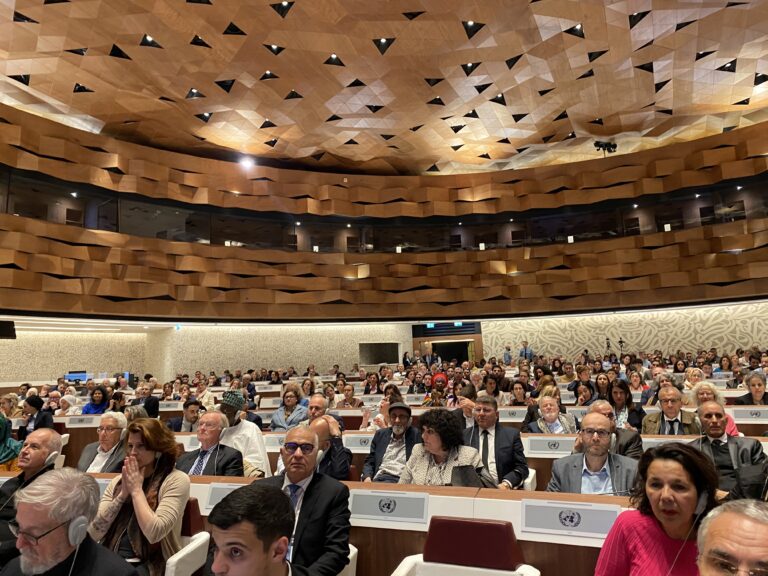
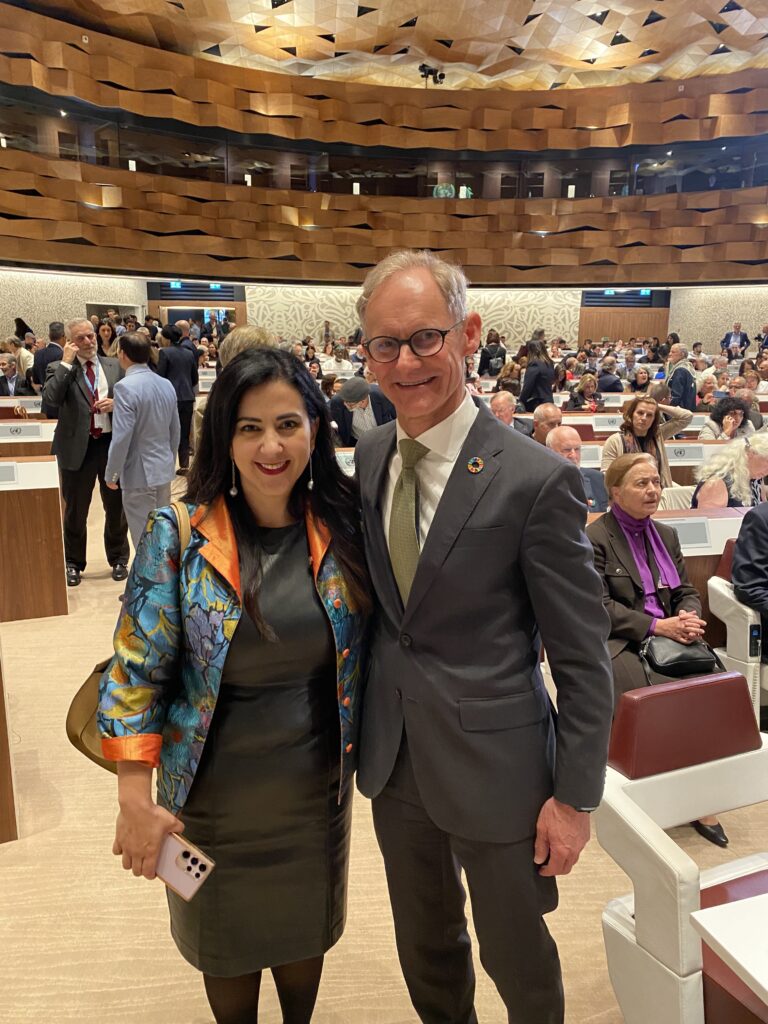
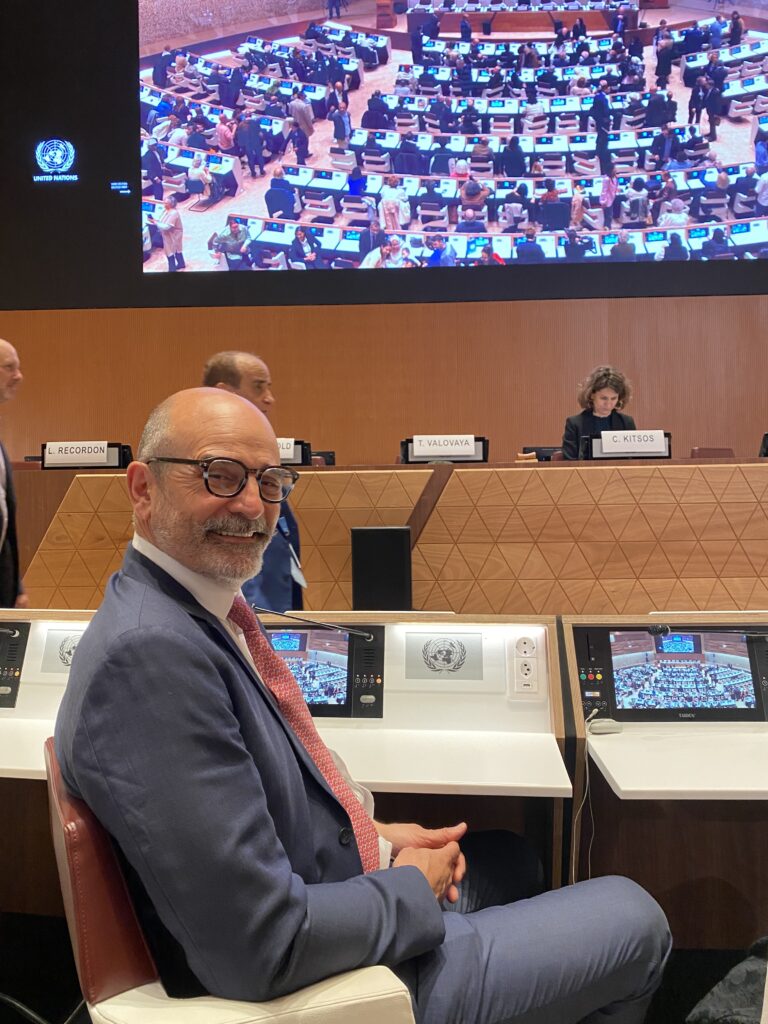
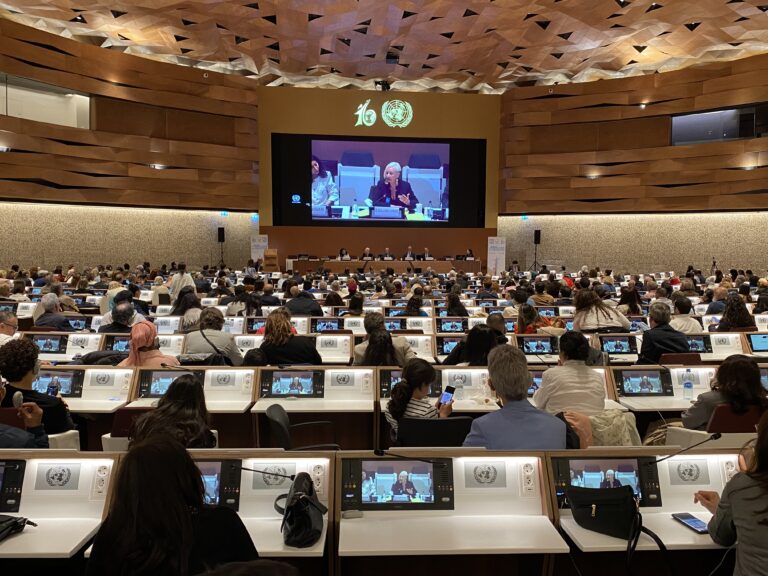
During our visit to Geneva, our Executive Director, Marius, signed the Geneva Declaration on Education for a Culture of Peace: Putting Peace at the heart of Education and Learning. The declaration sets out seven articles containing a common frame of reference and affirms the signatories’ commitment to ensuring that Peace is at the heart of education and learning. By signing this document, the Business for Peace Foundation has pledged to mobilise our efforts to advocate and implement the content of the declaration. Peace should always be at the heart of education to ensure a better world for the future generations. An important step in realising change, we must invest in education: “Education is a sacred duty and we cannot avoid this responsibility towards our children. Put our skills, our assets, our knowledge and our technology to work in synergy at the service of the common good and the future.” The Business for Peace Foundation encourage all our stakeholders to commit to the Education for a Culture of Peace by signing the Declaration here.
In addition to the celebration of the International Day of Living Together in Peace, the BfP also met with a number of organisations at the forefront of this work in Geneva. Thank you to Principles for Peace, Interpeace, International Trade Centre, United Nations Institute for Training and Research (UNITAR), and Peaceinvest for the important discussions on the role of the private sector in securing positive social change.
This trip to Geneva has given us important insights for our work ahead. Business for Peace is committed to convey the important message of being businessworthy and we have some exciting projects coming very soon. Stay tuned for more updates in the months to come.






